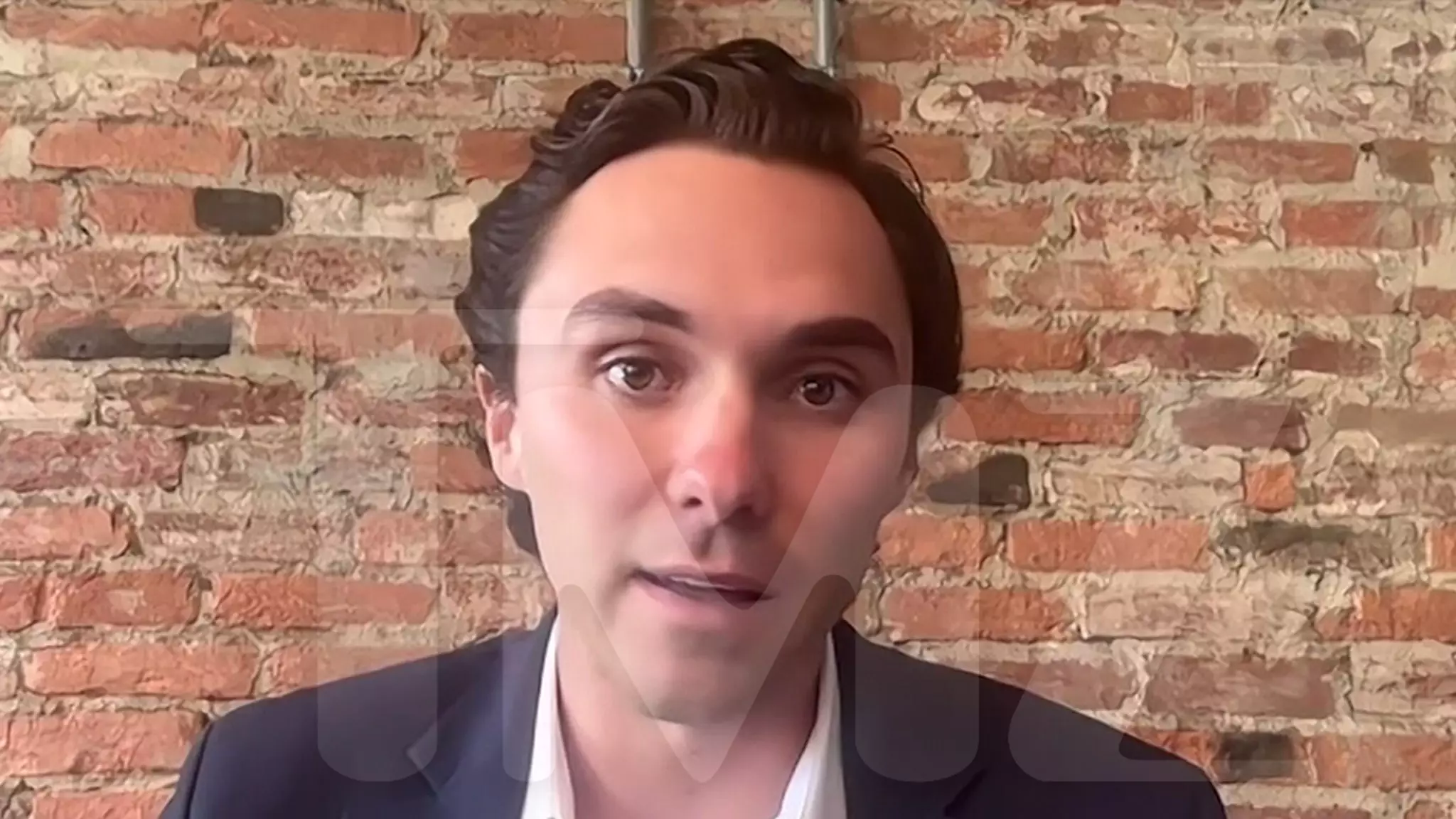In a decisive move, the Democratic National Committee (DNC) is signaling a shift in its approach to party leadership and accountability. David Hogg, a prominent figure in the movement for gun control and recently appointed vice chair of the DNC, emphasizes the necessity to reevaluate party members who are not delivering tangible results for constituents. This strategic overhaul aims not only at enhancing the party’s effectiveness but also at addressing the stark decline in public confidence among the electorate.
Hogg’s assertive stance is refreshing in the face of an overwhelmingly negative approval rating for Democrats, which has plummeted to a mere 26%. This statistic indicates a deep-seated problem within the party, as even self-identified Democratic voters are retracting their approval. Hogg argues that age is not the dividing factor; rather, it is the effectiveness of the individuals holding office that ought to be scrutinized. This perspective is critical as it encompasses lawmakers of all ages, suggesting that youthful energy does not necessarily equate to competence.
Engaging Voters Beyond Partisan Lines
One of Hogg’s primary focuses is on reconnecting with voters across various demographics who have become disillusioned with the party. Historically, Democrats have relied heavily on their opposition to Republicans as a campaign strategy. Hogg warns that this approach no longer suffices; it lacks the substance and inspiration voters are searching for. Instead, he advocates for a proactive strategy that provides voters tangible reasons to support Democratic candidates, highlighting progressive policies that directly address their needs and concerns.
This call to action is particularly timely, as numerous studies indicate that discontent is rising even among traditionally supportive demographic groups. By engaging in reform, the DNC can strive to revitalize itself and prevent further attrition of support. Hogg’s insights underline the importance of innovative leadership and fresh perspectives, which can better resonate with a younger electorate. The party must embrace a vision that actively invites dialogue and participation rather than relying on established practices that may now feel stale.
Transformational Leadership in Challenging Times
David Hogg’s leadership within the DNC not only embodies the potential for change within the party but also reflects a broader movement among young activists seeking greater accountability from their elected officials. Having emerged from the tragedy of the Stoneman Douglas High School shooting, Hogg combines personal experience with a political vision geared towards reform. His prior success as a gun control advocate underscores a crucial point: authentic advocacy can catalyze political transformation.
The DNC’s readiness to challenge incumbent lawmakers who do not meet the expectations of their constituents is a risk worth taking. It communicates a commitment to change that can reinvigorate the party’s base. However, this undertaking will not be without challenges. The DNC must navigate a complex political landscape filled with established norms and political inertia. Yet, the potential rewards—an energized electorate and a reinvigorated party—are worth the effort.
The DNC’s bold plan to hold its members accountable and pursue effectiveness is not just timely; it is necessary. By fostering a culture of responsiveness and innovation, the Democratic Party can secure its future in a rapidly evolving political environment. Seeking out fresh perspectives and transforming the party from within might not only stem the tide of declining approval but also inspire renewed commitment from voters determined for change.

